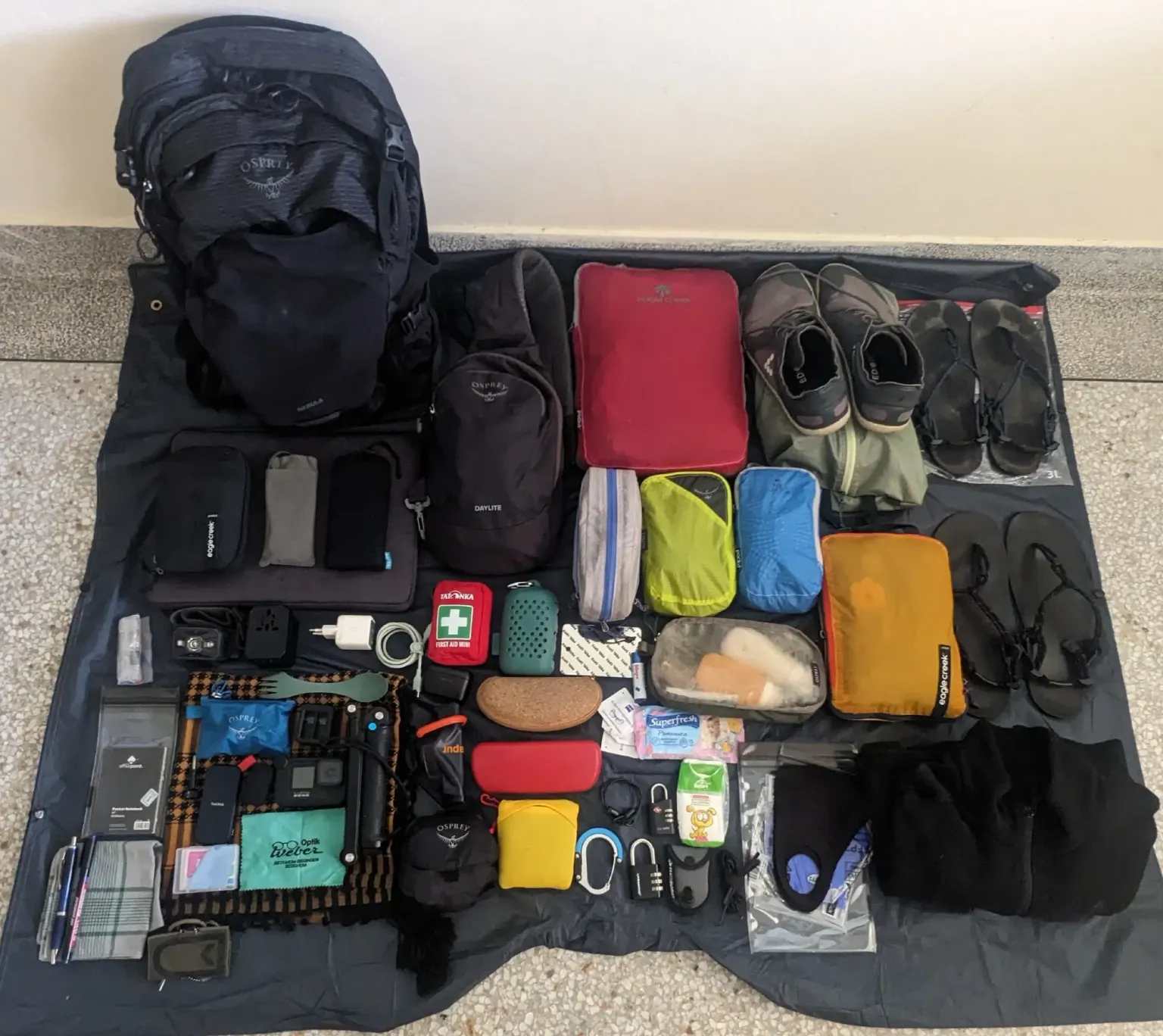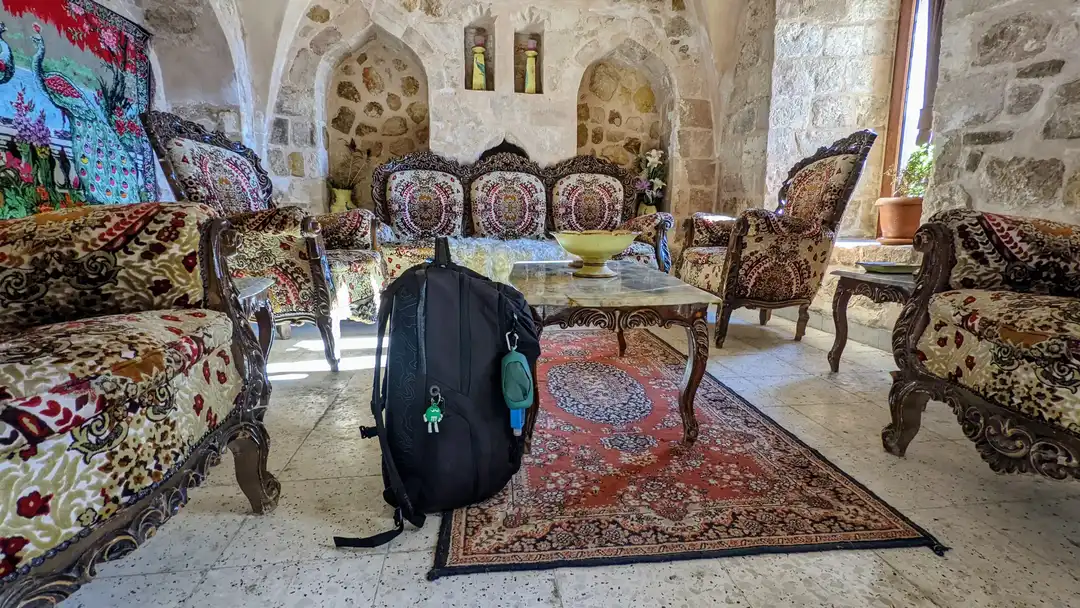After losing everything that mattered to me – due to the issues I previously described – it was incredibly difficult to start over. It felt like an invisible weight was pressing down on me, and the idea that such things could happen in 21st-century Germany left me traumatized. Suddenly, I had nothing and had to rebuild everything from scratch, even the simplest items like spoons and forks. The very thought of it was agonizing, and I didn’t want to continue down that path. Everything with sentimental value – gifts from beloved family members who had passed away – was gone forever.
Money can be replaced, but memories captured in photos and keepsakes from those who are no longer with us are irreplaceable. The objects that hold emotional value cannot simply be renewed. Sure, you can buy something similar, but it will never carry the same meaning. It’s like a historical building: once destroyed and rebuilt, it never holds the same spirit. This realization weighed heavily on me and pushed me to the edge of despair. With a loan, I began my journey into nomadic life. I bought an 85-liter backpack and a small daypack, filling them with clothes and personal items, and set off.
But the unrest didn’t leave me. Buying new things brought me no joy, and the thought of settling down didn’t fulfill me either. The trauma of my recent past and the events in the country I once called home loomed over me like a shadow. It felt as if something was tearing me apart inside, preventing me from finding peace.
In the summer of 2019, I injured my left foot in Ukraine and quickly realized that my two backpacks were far too big and heavy for me. Their weight worsened my injury and hindered my recovery. The pain increased every time I moved.
I continued traveling through Russia, Scandinavia, Germany, France, Slovenia, and Croatia. Eventually, I found myself in Sarajevo, staring at my backpacks and realizing I needed to lighten my load. It was time for a drastic change. I needed a smaller backpack and fewer belongings.
As I began to downsize, I realized there was barely anything left from my previous life. Almost everything I had was acquired after my stay in the asylum in Korb, and nothing held significant value. It was easy to part with most things since they carried no emotional weight. I downsized from an 85-liter and a 34-liter backpack to a single 46-liter one. After the COVID lockdown, I reduced further to a 40-liter pack and finally to a 32-liter one.

I didn’t become a minimalist by choice – it was forced upon me when Bianca K., her brother, and their father stole all my belongings and profited from selling them.
Today, I see the true beginning of my minimalist journey as January 2020, when I realized in Sarajevo that less is more. My possessions shrank from around 30 kg to about 10 kg. Many minimalists own more than 30 kg, but as a nomad living out of a backpack, every additional item is an unnecessary burden. I’ve never felt the urge to buy souvenirs or indulge in consumerism. Before everything was taken from me, I had everything I needed to live.
With the heavy burden of the past and the confrontation with injustice without retribution, I now find solace in simplicity, carrying only what I truly need.
In situations like this, most people stay by the campfire, but some choose to keep walking. I chose the path of moving forward, trying to use the obstacles I encountered as stepping stones to build a new life.
This marked the beginning of my minimalist lifestyle, which I continue to pursue today.
Live simply, stay humble, and live life on your own terms.
